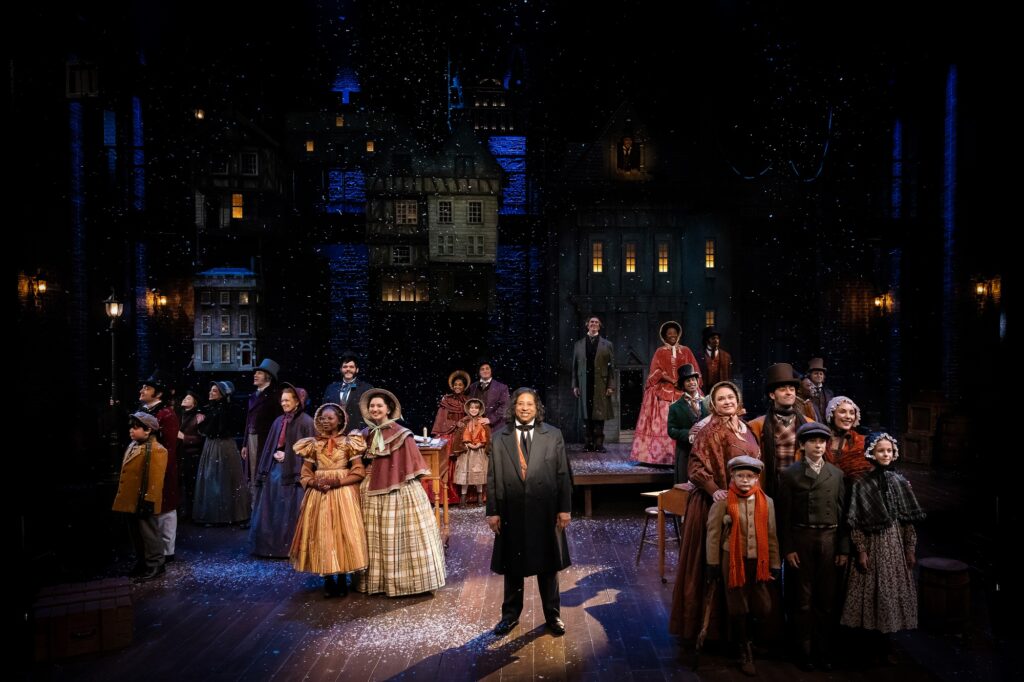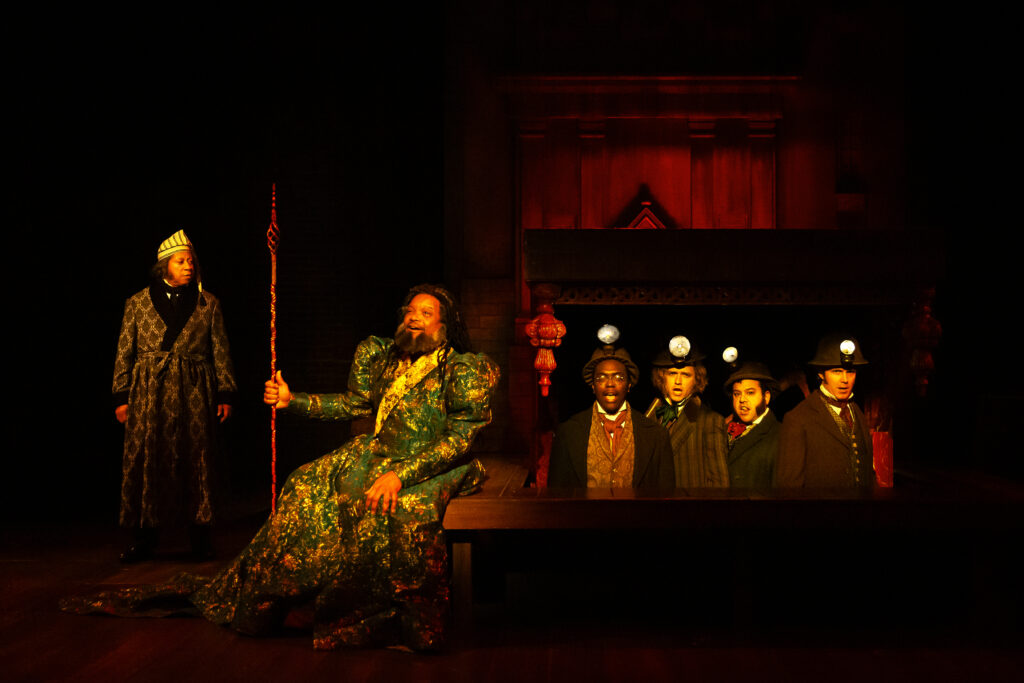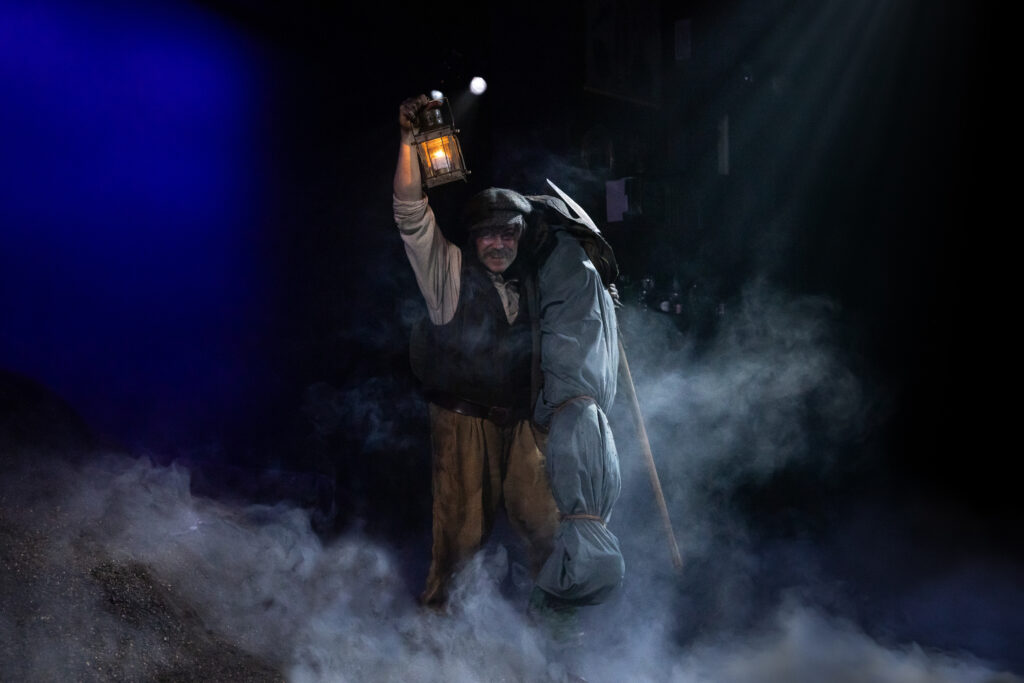When you think of detectives in fiction, names like Sherlock Holmes or Hercule Poirot may come to mind. But quietly residing in the English village of St. Mary Mead is a sleuth with one of the sharpest minds in the mystery genre: Miss Jane Marple, the brilliant amateur detective created by Agatha Christie.
Who Is Miss Marple?
Miss Marple first appeared in the short story The Tuesday Night Club in 1927. She became a recurring character in twelve full-length novels, starting with The Murder at the Vicarage in 1930. An elderly, unmarried woman who lives in the English countryside, Miss Marple has a deep understanding of human behavior, developed over years of observing the inhabitants of her small town.
Her philosophy is simple: human nature is consistent. She takes village gossip and applies it to larger crimes, and notices subtle behavioral similarities between criminals and everyday people. Using this insight, Marple is able to solve crimes that baffle professionals.
Why We Love Her
Miss Marple’s appeal lies in the her relatability. Unlike Hercule Poirot or Sherlock Holmes, she isn’t a trained investigator or a worldly explorer. She is a humble woman from a small-town, who nevertheless finds herself embroiled in a series of dramatic crimes.
The Marple stories are rich character studies, which suggest that adventure is possible even in the unlikeliest of places. Through them, Agatha Christie reveals the power of quiet observation over loud deduction.
On Stage and Screen
Miss Marple has been portrayed by many iconic actors. Margaret Rutherford introduced a more comedic interpretation in the 1960s, while Joan Hickson’s portrayal in the 1980s BBC series is often considered the most faithful to Christie’s original. Geraldine McEwan and Julia McKenzie later brought the character to a new generation in ITV’s Agatha Christie’s Marple.
Miss Marple heavily influenced Angela Lansbury’s character Jessica Fletcher in Murder, She Wrote. Both are sharp-minded women of a certain age who solve crimes through empathy, observation, and intellect. Jessica has Cabot Cove, while Miss Marple has St. Mary Mead.
She’s also begun to appear in stage adaptations of Christie’s work. Notably, our production of The Mirror Crack’d marks the first time Miss Marple has ever appeared on stage in the United States, bringing this beloved character to life for a new audience in a thrilling theatrical setting.
“I adore Miss Marple,” shares Alley actor Susan Koozin. “She’s sharp, observant, and endlessly fascinating. I’ve always loved a good mystery. Bringing one of Agatha Christie’s most iconic detectives to life on the Alley stage is a dream come true.”
A Lasting Legacy
Miss Marple endures because she offers something different: a hero who doesn’t seek recognition or thrill. She solves crimes not for glory but out of a quiet sense of justice. With her knitting needles in hand and her mind always working, she’s a reminder that wisdom often comes in unexpected forms.
In a world that sometimes prizes flash over substance, Miss Marple stands as a testament to the value of listening closely, thinking clearly, and trusting your instincts.
Read More:
- Agatha Christie. The Murder at the Vicarage. London: Collins Crime Club, 1930.
- Agatha Christie. The Thirteen Problems. London: Collins Crime Club, 1932.
- Osborne, Charles. The Life and Crimes of Agatha Christie. London: Collins, 1982.
- Rowland, Susan. From Agatha Christie to Ruth Rendell: British Women Writers in Detective and Crime Fiction. Palgrave Macmillan, 2001.
- Agatha Christie Limited. “Miss Marple.”








